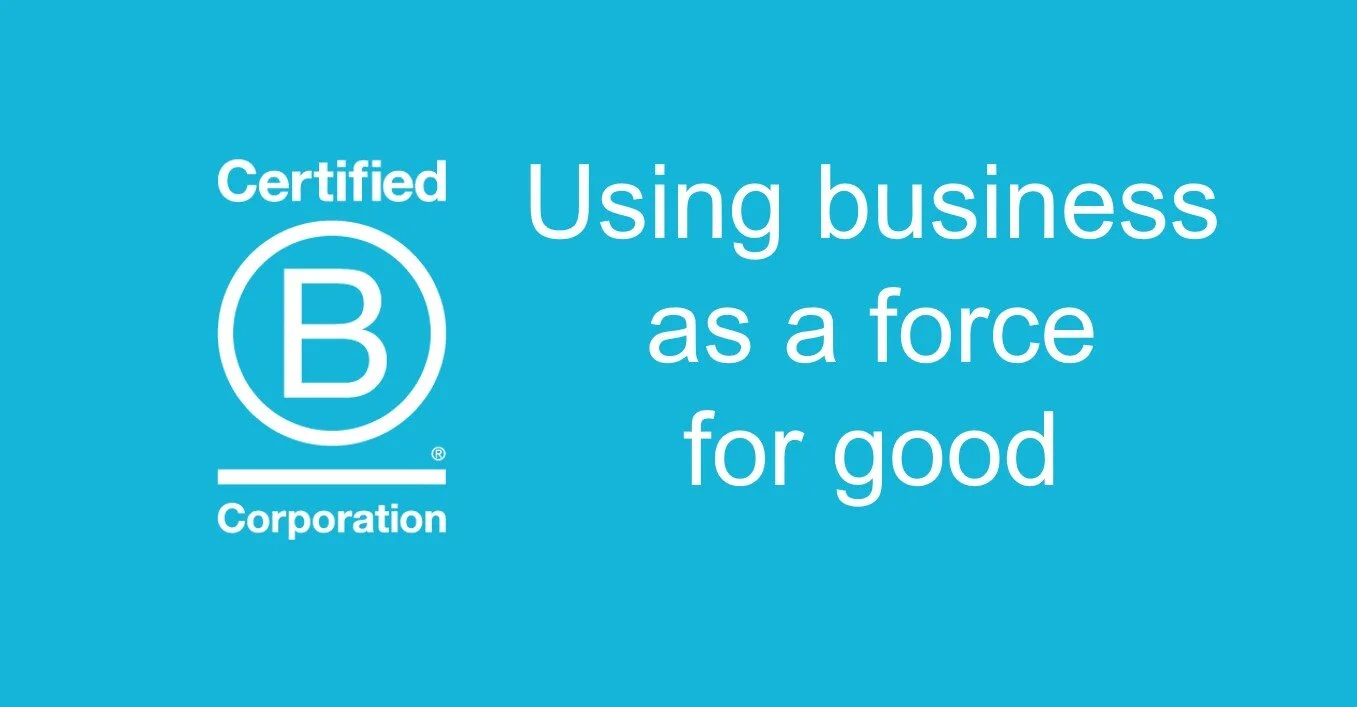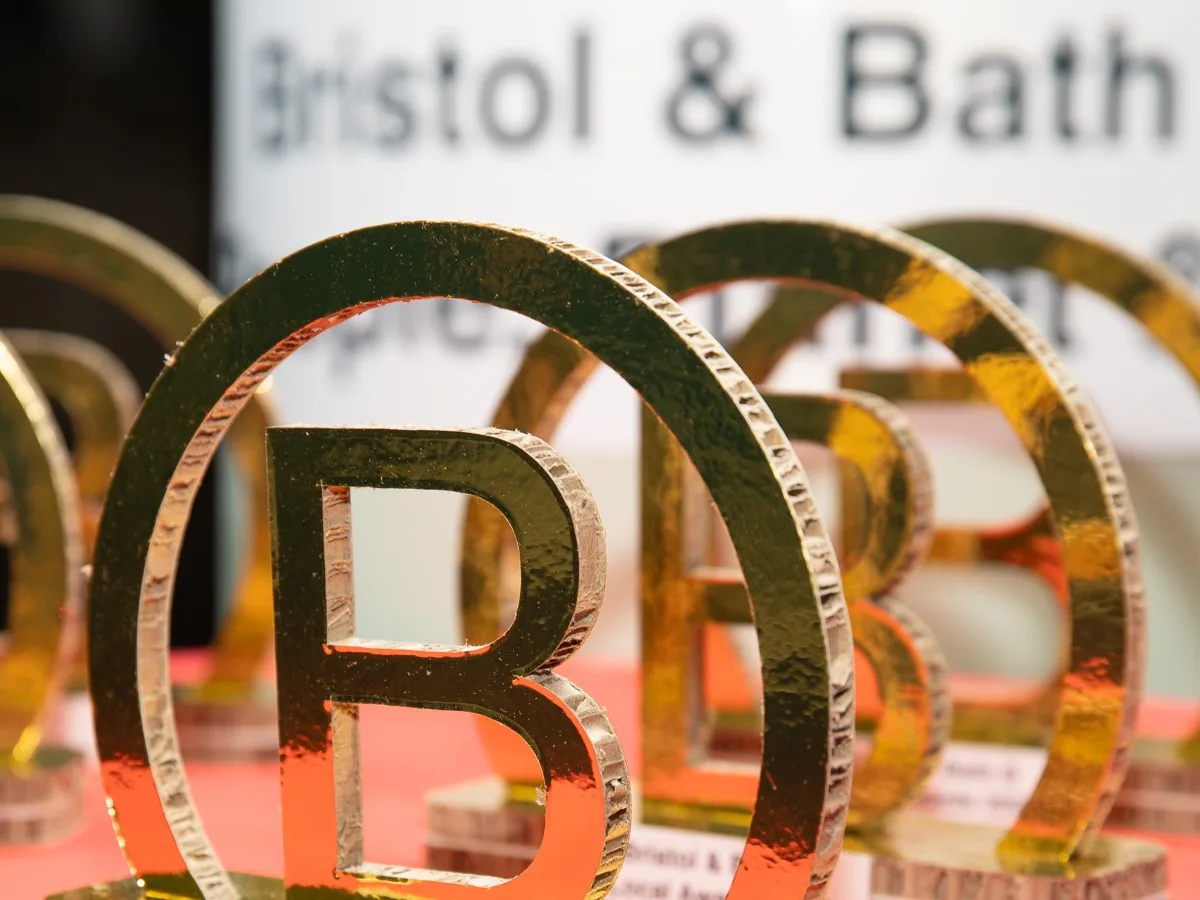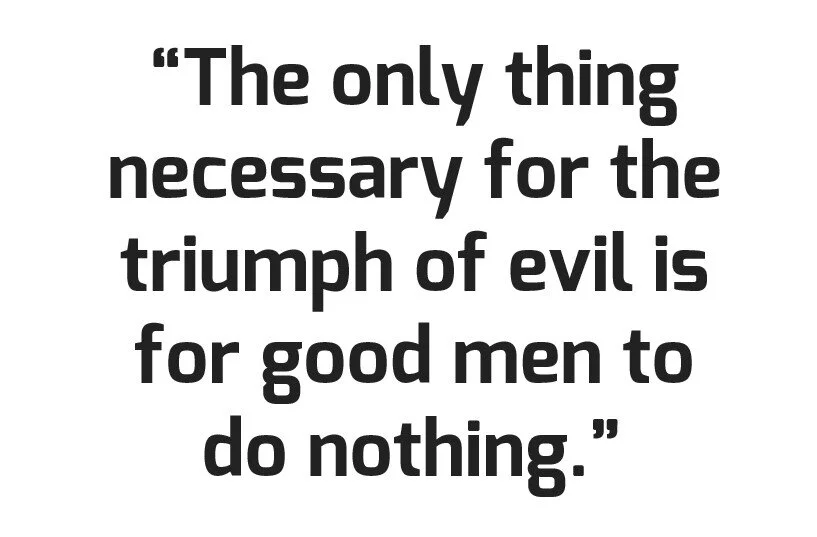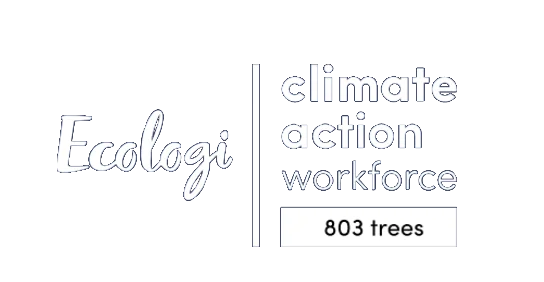What is a B Corporation?
B Corporations, or B Corps for short, are companies that hold themselves to the highest standards of social and environmental performance, accountability, and transparency. Balancing purpose and profit, these businesses are expected – and legally required to – measure the impact they have on their workers, customers, community, and the environment.
B Corps are committed to managing and improving their practices, driving the shift towards a more socially and environmentally responsible business mindset.
Who is eligible for B Corp certification?
B Corp certification is available to any for-profit business that has been operating for at least a year. Early-stage companies that are on track to certifying as a B Corp, but haven’t quite passed the twelve-month threshold, are awarded Pending B Corp status.
Who certifies B Corps?
To become B Corp accredited, businesses must submit the B Impact Assessment (BIA), an extensive questionnaire that examines how the business operates and what it’s doing to act as a force for good.
This assessment is reviewed by the non-profit organisation B Lab. If approved, the B Corp Certification is administered by the same body.
How many companies are B Corp certified?
To date, there are over 8000 B Corps spanning across 153 different industries in 77 countries. The UK is home to over 2,000 of these businesses that have committed to balancing people, planet, and profit.
You might recognise names like KeepCup, Patagonia, The Body Shop, and Innocent. These are all companies that have, in recent years, become B Corp certified.
How to become a certified B Corp
The B Corp certification process can be divided into five steps, starting with the aforementioned B Impact Assessment…
STEP 1: Submit the BIA
The B Impact Assessment is comprised of around 200 questions and, according to B Lab, should take around 1-3 hours to complete for most small businesses. However, the estimated completion time generally depends on the size and age of the company. For larger businesses that may need more time to gather information, this step can take slightly longer.
All businesses must achieve a minimum verified total score of 80 to proceed to the next stage.
STEP 2: Undergo an Assessment Review
This is a 60-minute telephone call in which the prospective B Corp will review their answers with a B Lab Standards Analyst. They’ll have the opportunity to clarify any questions and make final adjustments to the assessment to ensure that their impact score is accurate.
This review is likely to focus in on six to fifteen selected questions from the assessment, and companies will usually be asked to provide documentation to validate their initial assessment responses.
STEP 3: Upload Supporting Documentation
After the review call, businesses will be required to provide additional documentation to support a further one to six responses from the assessment. They’ll also need to fill out a Disclosure Questionnaire.
STEP 4: Amend Articles of Association
Businesses must change their Articles of Association to reflect their commitment to the triple bottom line. To meet the B Corp legal requirement, companies will also need to prove that stakeholders will be considered in decision-making, not just shareholders.
STEP 5: Sign the Declaration of Interdependence
The final step is to sign the Declaration of Interdependence, a contract that cements the business’s commitment to conduct business with consideration for their stakeholders and the environment. An annual certification fee will also need to be paid to complete the whole process.
To maintain B Corp status, companies are required to recertify every three years. This ensures that, even as the business grows, they continue to meet the same high standards.
The benefits of becoming a B Corp
Companies may choose to certify as a B Corp as it allows them to:
• Build credibility – Having a third-party certification demonstrates to both stakeholders and investors that the business is serious about balancing purpose and profit.
• Be part of a community – B Corps are united in their mission to operate in a more ethical manner. Being part of this global movement means that companies can share knowledge and resources with other like-minded leaders.
• Uncover areas of improvement – The B Impact Assessment gives businesses a chance to deep dive into the impact of their practices and operations. From here they can see just how their social and environmental performance can be improved and how this measures up to other businesses in the same industry.
• Benchmark their progress – Recertifying every three years allows businesses to see which impact areas they’ve managed to boost their score in, and which areas have perhaps seen less growth.
• Better engage with their stakeholders – Public transparency and accountability requirements mean that stakeholders are more willing to trust businesses that are B Corp certified. They’re also more likely to show interest in a company if they’re involved in business decisions.
• Become more appealing for new recruits – Job seekers are increasingly looking to work for purpose-driven businesses. If a prospective candidate sees that the company is dedicated to its mission and that it’s operating as a force for good, they are more likely to apply.
• Protect their mission – Becoming a certified B Corp can help legally protect a company’s mission by ensuring that its social and environmental values are not forgotten during leadership changes, capital raising initiatives or even the potential sale of the business.
Which resources are available to help with the B Corp certification process?
To find out more about becoming B Corp certified check out the B Corp website here.
You can also get in touch with Andy at Business On Purpose who has helped over 400 companies and will support you through the B Corp certification process. For more information, visit the Business On Purpose support page here or send an email to andy@businessonpurpose.uk.

